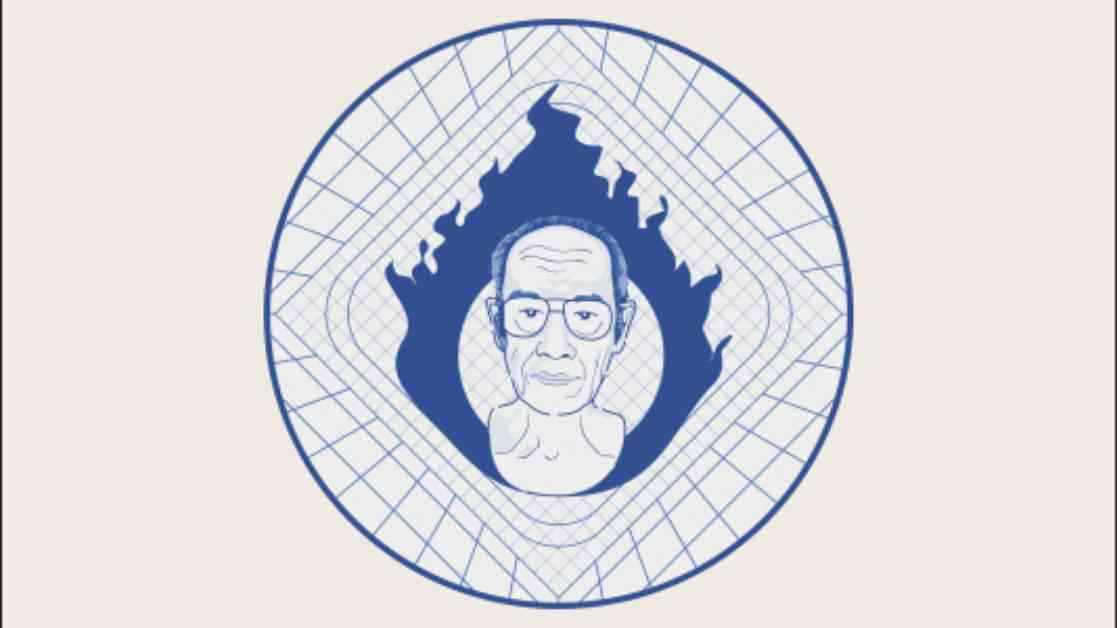Pramoedya Ananta Toer’s Choices at Crossroads
Renowned Indonesian author Pramoedya Ananta Toer has found himself at a crossroads, facing critical decisions amidst a turbulent political climate. Known for his powerful literary works that have captivated readers worldwide, Toer’s journey has taken a complex turn as he navigates the intersection of art, activism, and personal conviction.
Amidst growing pressure from authorities and societal expectations, Toer’s choices are not just about his own path as a writer, but also about the broader impact of his words on the world around him. As he grapples with the weight of his own legacy and the responsibility of speaking truth to power, Toer’s decisions will shape not only his own future but also the collective consciousness of a nation in turmoil.
The Dilemma of Artistic Freedom
At the heart of Toer’s current predicament lies the dilemma of artistic freedom in a society where dissent is increasingly stifled. As a writer deeply committed to telling the stories of the marginalized and oppressed, Toer is no stranger to controversy. His fearless exploration of political and social issues has earned him both accolades and condemnation, placing him in the precarious position of being a voice for the voiceless.
In a recent interview, Toer reflected on the challenges of balancing his artistic vision with the demands of censorship and political pressure. “As a writer, my duty is to speak the truth, even when it is uncomfortable or unpopular,” Toer remarked. “But in a climate of fear and repression, the cost of speaking out can be high.”
As Toer contemplates his next move, he must grapple with the question of how to stay true to his principles while navigating the treacherous waters of a society that seeks to silence dissent. His choices will not only define his own legacy but also serve as a testament to the power of literature to challenge injustice and inspire change.
A Legacy of Resistance
Born in 1925 in Indonesia, Pramoedya Ananta Toer has long been a figure of resistance against colonialism, authoritarianism, and oppression. His seminal works, including the acclaimed Buru Quartet, have brought to light the struggles of the Indonesian people and the injustices they have endured.
Throughout his career, Toer has faced imprisonment, censorship, and exile for his bold and unflinching portrayals of the human experience. Despite the obstacles in his path, Toer has remained steadfast in his commitment to using his voice as a force for change and a beacon of hope for those who have been silenced.
As Toer stands at a crossroads, his legacy looms large, a testament to the enduring power of art to transcend borders, languages, and ideologies. His choices in the coming days will not only shape his own destiny but also carry forward the torch of resistance for future generations to come.
In the face of uncertainty and adversity, Pramoedya Ananta Toer stands as a shining example of the transformative power of literature and the indomitable spirit of the human soul. As he contemplates his next steps, the world watches with bated breath, eager to see how one man’s choices can change the course of history.






















